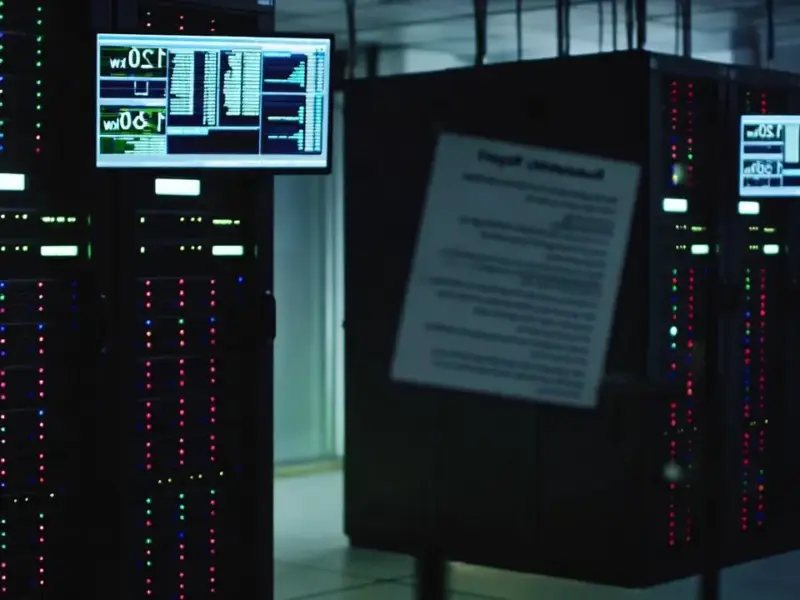According to DCD, Optus CEO Stephen Rue has apologized before Australia’s Senate Standing Committee for the September 18 network outage that impacted the country’s Triple Zero emergency service, resulting in four deaths and affecting over 600 customers. The outage occurred during a routine firewall upgrade when technicians selected the wrong process plan, failing to divert emergency call traffic before locking equipment. Despite the severity of the incident and government promises of “major financial penalties,” Rue defended his position, stating that leadership change would create further disruption and uncertainty. The situation is complicated by revelations that Optus took nearly 18 hours to fully inform regulators about the fatalities, drawing sharp criticism from government officials who described the company’s response as unacceptable.
The Systemic Governance Failure Behind the Outage
What makes this incident particularly alarming isn’t the technical error itself—human mistakes happen in complex systems—but the cascade of governance failures that followed. The selection of an incorrect process plan suggests inadequate change management protocols, but the real concern lies in the control systems that should have detected and corrected this error. Modern telecommunications infrastructure should have multiple layers of automated validation, especially when dealing with critical emergency services. The fact that the error went undetected until customers reported issues indicates fundamental flaws in monitoring and alert systems that prioritize routine operations over critical service integrity.
The Leadership Accountability Question
Rue’s argument that leadership stability is necessary for transformation raises difficult questions about accountability in critical infrastructure management. While continuity can be valuable during recovery, the pattern of outages at Optus—including last November’s 14-hour disruption that resulted in a AU$12 million fine—suggests systemic cultural issues that may require leadership change to address. The delayed communication to regulators, taking nearly six hours after Rue was informed of fatalities, points to a corporate culture that prioritizes internal coordination over transparent crisis management, a dangerous approach for organizations operating essential services.
Future Regulatory Implications for Critical Infrastructure
This incident will likely accelerate regulatory changes beyond financial penalties. We can expect mandatory real-time emergency service monitoring, stricter change management requirements for critical infrastructure, and potentially new personal liability provisions for executives overseeing essential services. The Australian Communications and Media Authority will probably mandate independent audits of emergency service reliability and require telcos to demonstrate redundant systems specifically for Triple Zero calls. The government’s strong reaction suggests we’re entering an era where critical infrastructure providers will face operational scrutiny comparable to financial services or aviation safety standards.
Broader Industry Impact and Consumer Trust
The Optus situation represents a watershed moment for telecommunications regulation in Australia and similar markets worldwide. Other providers are now on notice that emergency service reliability will face unprecedented scrutiny. We’ll likely see increased investment in redundant emergency call routing systems and more conservative change management practices across the industry. However, the deeper impact may be on consumer and government trust—when essential services demonstrate such fundamental failures, it undermines the social contract that allows private companies to operate critical national infrastructure. This could fuel arguments for greater public sector involvement in core communications infrastructure.
The Transformation Challenge Ahead
Rue’s reference to Optus undergoing a “sweeping transformation” now carries immense pressure. True transformation must address not just technical systems but cultural and governance weaknesses. The company needs to rebuild trust through demonstrable changes: independent oversight of critical systems, transparent reporting protocols, and cultural shifts that prioritize public safety over corporate reputation management. The real test will be whether Optus can implement these changes under current leadership or whether the cultural patterns that contributed to this crisis are too deeply embedded to change without external leadership.




